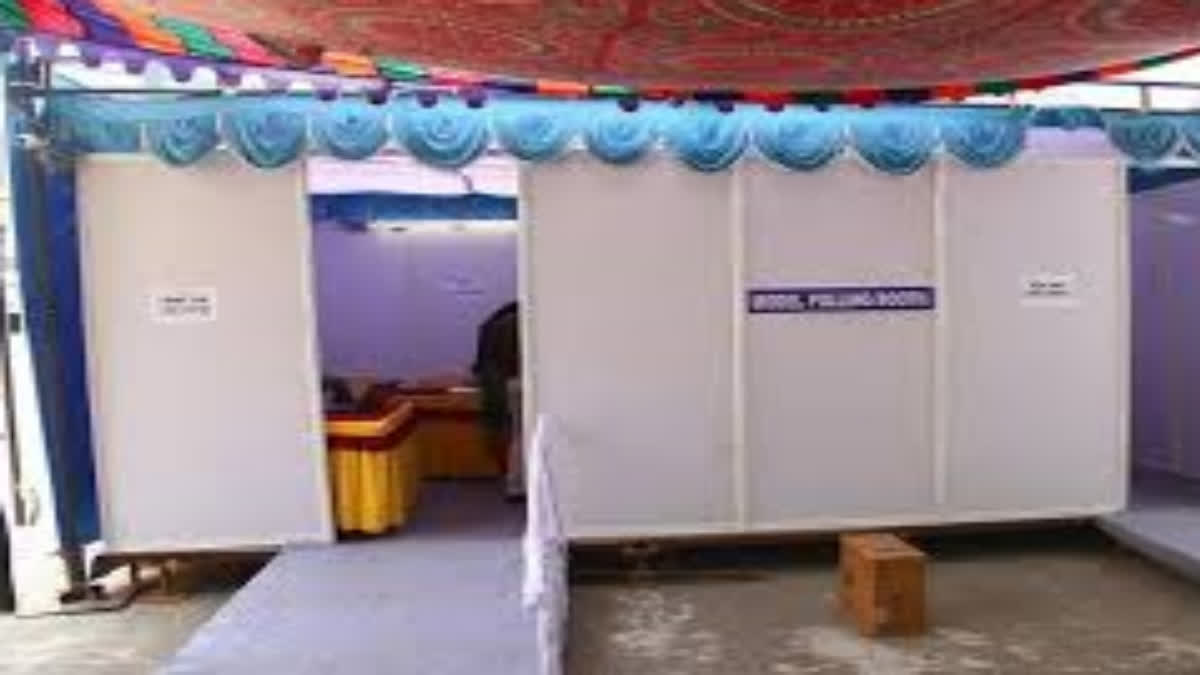Mahe district in Puducherry is all set to create history by setting an example with the gender-Inclusive electoral process.
New Delhi: All 31 polling stations in Mahe district of Puducherry will be monitored by women polling officials in the upcoming Lok Sabha Elections 2024. Mahe district is one of Puducherry's four regions. With an electorate population of 31,038 and an elector gender ratio of 1,161, Mahe district stands out as one of the most gender-inclusive areas within UT Puducherry.
This figure surpasses the UT's average gender ratio of 1,130, marking a significant stride towards gender parity and inclusivity. On April 19, which is the first day of the Phase 1 Lok Sabha elections, a total of 140 women poll workers will be present to welcome voters.
Also, four teams of female poll workers conducted home voting for 269 for 85+ and physically challenged voters, who opted for the optional home voting facility of the Commission. From voter registration drives to polling station management, the Election Commission has made concerted efforts to ensure women are included at every step.
Now more than ever, the increasing women's participation in elections as electors and election managers reflects the poll panels' commitment towards gender inclusive elections and women's empowerment.
In the upcoming Lok Sabha elections, as many as 96.8 crore registered voters will cast their voters in which 47.1 crore are female voters while 49.7 crore are men. A report by the SBI has also claimed that women voters in India will surpass male voters from 2029 onwards.
It may be recalled that during Chhattisgarh Assembly elections 2023, for the first time, all the polling booths in the Raipur North Assembly constituency in Chhattisgarh were handled and managed completely by women polling personnel.
To achieve this feat, which is a first for any Assembly constituency in the country, 1,046 women were deployed in the 201 polling booths setup in the constituency. These all-women managed polling booths provided a sense of comfort and security for all voters, especially the female and third gender voters for more inclusive elections.



